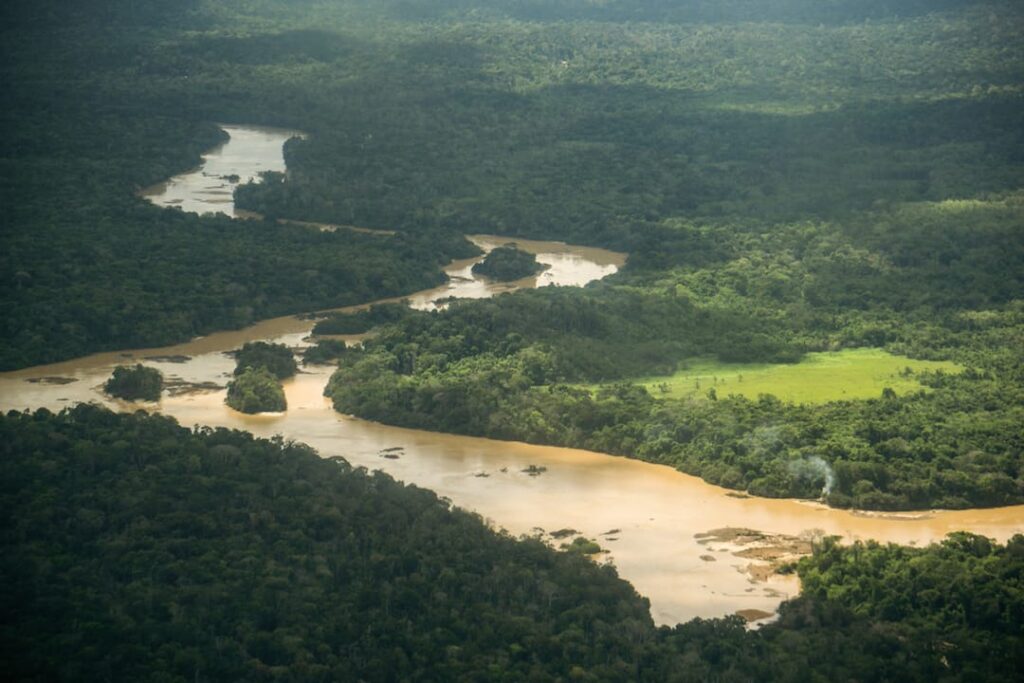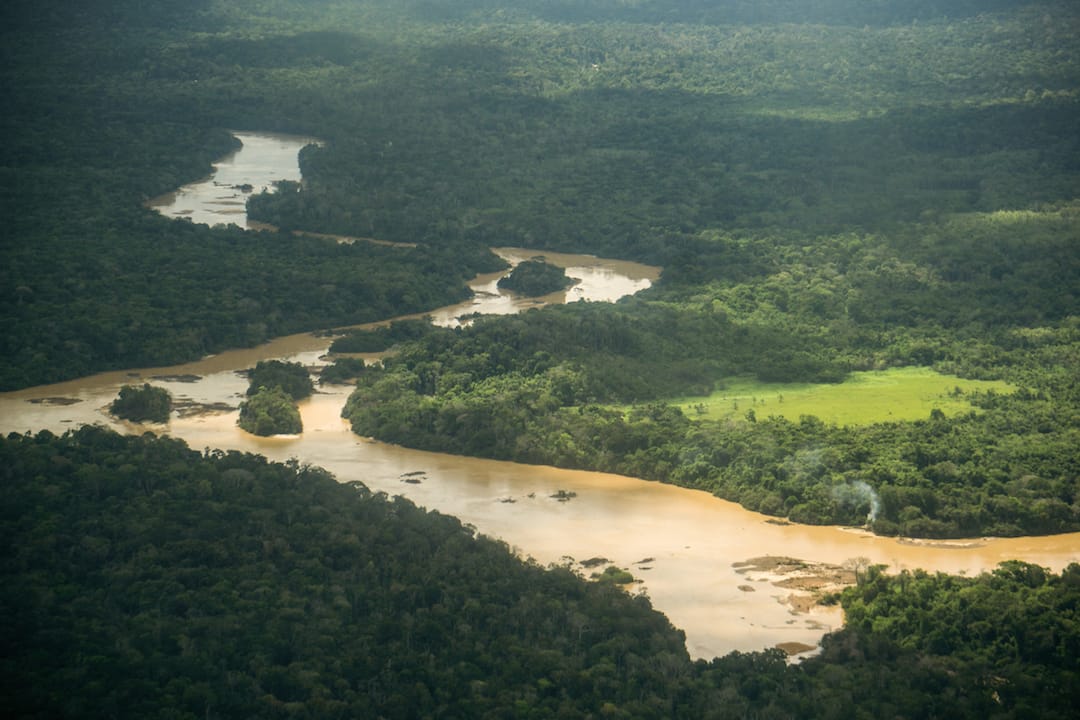
The border dispute between Guyana and Venezuela over the resource-rich Essequibo region has reignited tensions in recent months, posing a significant challenge to regional stability in South America. This conflict, which has its roots in the 19th century, has captured global attention due to its implications for international law, energy politics, and peace in the region.
A Disputed History
The Essequibo territory, a vast expanse rich in natural resources, has been under Guyana’s administration since 1899, following a decision by an international arbitration tribunal. However, Venezuela has contested this ruling for decades, claiming the area as part of its territory.
The dispute intensified in the 2010s when substantial offshore oil reserves were discovered near the disputed region, bringing economic incentives to the forefront of the conflict. In 2018, Guyana brought the matter to the International Court of Justice (ICJ), seeking a definitive resolution to Venezuela’s territorial claims. While the ICJ agreed to hear the case, Venezuela continues to assert its sovereignty over the Essequibo region.
Recent Escalation
The conflict took a dramatic turn in late 2023 when Venezuela’s National Electoral Council approved a referendum on the Essequibo region. Held on December 3, 2023, the referendum asked Venezuelan citizens whether their country should formally annex the territory. Although voter turnout was low, the Venezuelan government announced overwhelming support for the annexation, a move widely criticized as a unilateral escalation.
Following the referendum, Venezuelan authorities unveiled plans to develop infrastructure and exploit natural resources in the disputed territory. Guyana, backed by international allies, denounced these actions as a violation of international law and a threat to regional peace.
Global Reactions
The growing tensions have drawn strong responses from the international community:
- United States: U.S. Secretary of State Antony Blinken reaffirmed support for Guyana in a phone call with President Mohamed Irfaan Ali. The U.S. Southern Command has since conducted joint military exercises with the Guyana Defence Force, signaling its commitment to Guyana’s security.
- United Kingdom: The UK condemned Venezuela’s actions, deeming the referendum and its results unjustified. In a show of solidarity, the Royal Navy deployed HMS Trent to the coast of Guyana.
- CARICOM: The Caribbean Community emphasized the need for peaceful dialogue, calling on Venezuela to respect international law and refrain from using force.
- Brazil: As a regional power, Brazil has urged both nations to seek a peaceful resolution. President Luiz Inácio Lula da Silva underscored that South America does not need or want war, offering Brazil as a mediator in negotiations.
Regional and Global Implications
This dispute carries broader implications for South America and beyond:
- Energy Politics: With the Essequibo region containing significant oil reserves, the dispute has become a flashpoint in global energy geopolitics. Guyana, now an emerging oil producer, is strategically important for energy markets.
- Regional Stability: The threat of military conflict risks destabilizing South America, with neighboring countries on high alert. Brazil has increased its military presence along its border, fearing the conflict could spill over.
- Global Governance: The conflict highlights the importance of international law and institutions like the ICJ in resolving territorial disputes. A failure to reach a peaceful solution could undermine trust in these mechanisms.
The Path Forward
Amid escalating tensions, both nations have agreed to preliminary discussions mediated by regional organizations like CARICOM and the Community of Latin American and Caribbean States (CELAC). A recent meeting in Saint Vincent and the Grenadines concluded with a commitment to peaceful negotiations, though concrete outcomes remain to be seen.
The international community must continue to push for a diplomatic solution, emphasizing adherence to international law and the ICJ’s jurisdiction. For Guyana and Venezuela, the stakes go beyond territorial sovereignty—they encompass economic development, regional security, and the principles of global cooperation.
The Essequibo dispute is a reminder of how unresolved historical grievances can flare into modern geopolitical crises. As the situation unfolds, it will serve as a critical test of diplomacy, international law, and regional solidarity.

